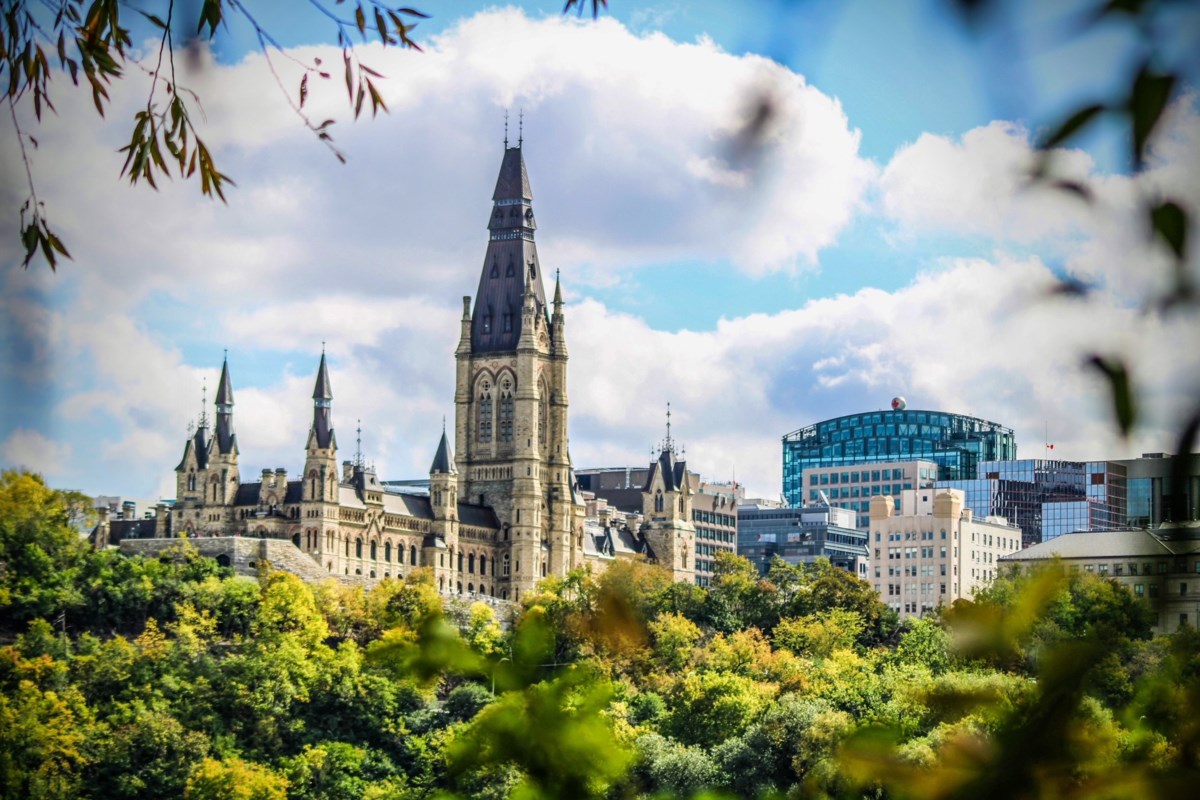New Canadian petition pushes Parliament to address the controversial issue of Indigenous identity fraud through clear definitions and enforceable penalties
A new national petition hopes to remedy a hot-button issue that doesn’t appear to be going away.
The petition was started by Jo-Anne Gould Green, a Nipissing Algonquin Anishinaabe-Ikwe who’s a member of Ontario’s Pikwàkanagàn First Nation, who wants Canadians to voice their opposition to what she views as a growing and concerning problem.
“With the numbers of pretendians ever-increasing across Canada and interfering with the sovereignty of true Indigenous people, one woman has decided to fight identity fraud all the way to the Canadian House of Commons,” Gould Green’s petition reads.
The term “pretendian” has come to refer to someone who claims First Nations, Inuit or Métis heritage that doesn’t stand up to deeper scrutiny.
The petition is open for signatures until Sept. 18 and will then be presented to the House of Commons by Haliburton-Kawartha Lakes MP Jamie Schmale.
Gould Green says the issue has gotten out of hand.
“It’s not just about financial gain,” she says in an interview with a media outlet. “Pretendians are changing our history. They’re changing the lineage lines. There won’t be a history that has the true facts.”
Earlier this year, a panel discussion about the issue was cancelled after a Hamilton art gallery received pressure from Métis Nation of Ontario (MNO) members.
During the event, outspoken Ontario First Nations activists Crystal Semaganis and Jeremy Bomberry were slated to discuss “identity fraud and theft” allegedly perpetrated by those, who the speakers consider to be ‘settlers’ since they may only have one First Nations’ ancestor dating back to the 1700s.
Semaganis, who is now being sued for calling others ‘pretendians’, often specifically cites residents living in Ontario, including MNO members who she says claim Indigenous identity for financial and personal benefits even though they “have no lived experience” and, therefore, never suffered the hardships that some Indigenous peoples have experienced.
According to the pair, this type of “cultural appropriation” by “settlers” takes advantage of the system by allowing them to secure FNMI (First Nations, Métis, Inuit) employment opportunities along with scholarships and grants for university and college admissions as well as a wide range of free incentives, meals, accommodation, travel opportunities and workshops.
Semaganis says her organization, the Ghost Warrior Society, estimates that only 15 per cent of MNO members “are actually Red River (Métis). Forty per cent are non-status descendants of a First Nation, and the rest are straight-up settlers.”
But MNO chief strategy officer Jennifer St. Germain said when the earlier event was cancelled that none of the panel members have expertise in Métis history or her organization’s work.
“On resource development projects, Métis communities in Ontario are identified by both levels of government as being rights holders that must be consulted and accommodated,” she said.
As for the petition, all signatures collected are confidential. They are not public to anyone, including other petition signatories. Once you press the ‘sign petition’ button, the House of Common sends an email where you must click on the link to confirm you have signed.
The petition asks Parliament to develop and implement legislation that addresses Indigenous identity fraud with “clear definitions, mechanisms for enforcement and legal penalties” while consulting with First Nations, Inuit and Métis communities “at every step.”
The petition, which is available in both English and French, also asks the federal government to implement standardized verification protocols and practices to authenticate Indigenous identity claims.
Dr. Lynn Gehl, an Algonquin Anishinaabe-Ikwe who also a member of Pikwàkanagàn First Nation, says ‘pretendians’ take advantage of the “complexities of Indigenous identity politics,” with “settler Canadians and their descendants falsely taking on an Indigenous identity.
“The theft of Indigenous identity is a matter Canada must address once and for all,” she writes in a column on the Policy Options Politiques site.
“The path to an Indigenous-led solution begins by launching an Indigenous-led project to create an Indigenous-led system for establishing legitimate Indigenous identity. Only then can we finally put an end to the dehumanizing practice of pretendianism.”
As of Wednesday at noon, the petition had more than 600 signatures with close to half coming Ontario residents. That means it has enough signatures to be certified and will, therefore, be presented to the House.
After Schmale presents it, the government has 45 calendar days to table a response.

